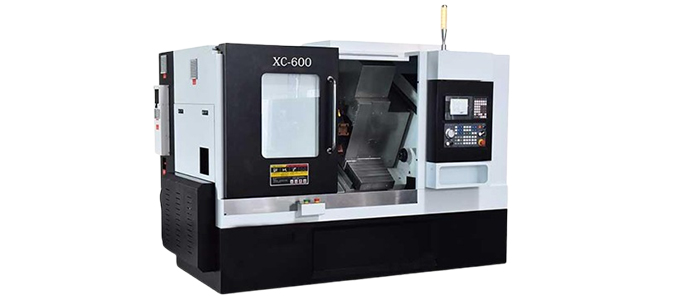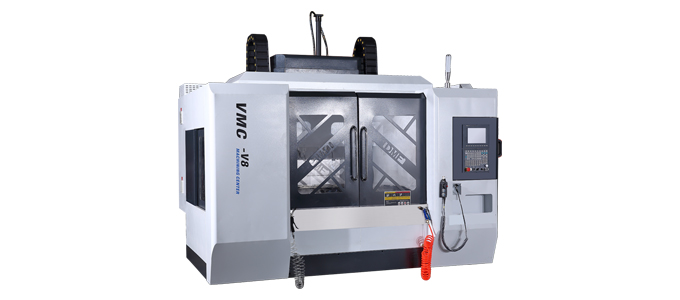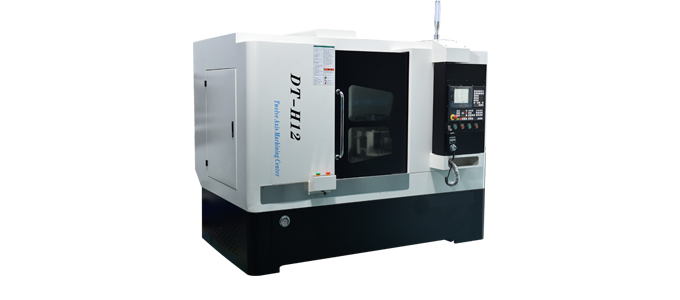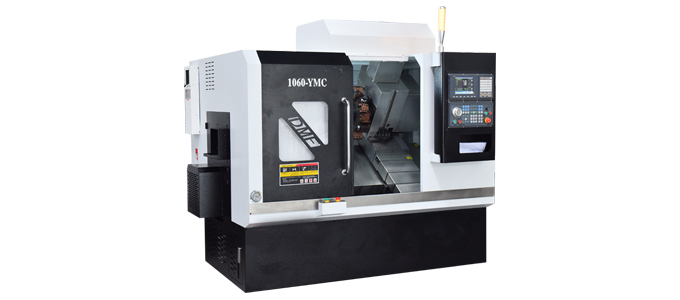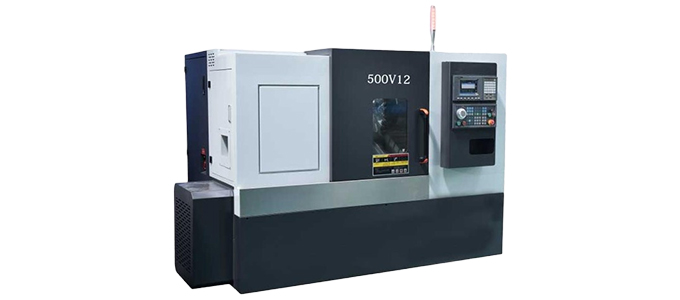The evolution of CNC (Computer Numerical Control) machines has brought about a transformative change in the manufacturing landscape, particularly in the marine industry. These advanced machines have redefined the production processes for critical marine components, ensuring unparalleled precision and efficiency. CNC lathe machines, in particular, have become indispensable in the creation of parts such as rudder shafts, propeller shafts, porthole fittings, marine valves, pipe joints, elbows, and flanges.
CNC machines operate through programmed commands that control the movement of tools and machinery with extreme accuracy. This automation allows for the consistent production of complex parts with minimal human intervention, reducing the risk of errors and increasing productivity. The ability to produce parts with exact specifications is crucial in the marine industry, where the performance and safety of vessels depend on the reliability of every component.
Rudder shafts are among the most critical components manufactured using CNC lathe machines. These shafts must be precisely machined to ensure the smooth operation of the ship's steering mechanism. CNC machines excel in producing rudder shafts with the required dimensions and surface finish, enhancing the durability and performance of the steering system.
Similarly, propeller shafts, which transmit power from the engine to the propeller, require high precision to prevent operational issues. Any deviation in the dimensions of these shafts can cause vibrations, inefficiencies, and potential failures. CNC lathe machines can manufacture propeller shafts to exacting standards, ensuring optimal performance and longevity.
The production of porthole fittings and marine valves also benefits from CNC technology. These components often have intricate designs and require tight tolerances to function correctly. CNC machines can produce porthole fittings with detailed features and marine valves that regulate fluid flow with high accuracy, ensuring the safety and efficiency of the vessel's operations.
Pipe joints, elbows, and flanges are essential for the ship's plumbing and exhaust systems. CNC lathe machines can manufacture these components in various shapes and sizes, ensuring precise fits and leak-proof connections. The versatility of CNC machines allows for the customization of these parts to meet specific requirements, enhancing the overall functionality of the ship's systems.
In the realm of CNC manufacturing, continuous advancements in technology have further improved the capabilities of these machines. Enhanced software, more precise tooling, and faster processing speeds have all contributed to the efficiency and accuracy of CNC production. These improvements ensure that the marine industry can rely on high-quality components that meet the stringent demands of modern seafaring.
In summary, the advancements in CNC machines have revolutionized the production of marine components. CNC lathe machines, in particular, play a vital role in manufacturing rudder shafts, propeller shafts, porthole fittings, marine valves, pipe joints, elbows, and flanges. The precision, efficiency, and reliability offered by CNC manufacturing are essential for the safety and performance of modern vessels, underscoring the importance of this technology in the marine industry.


